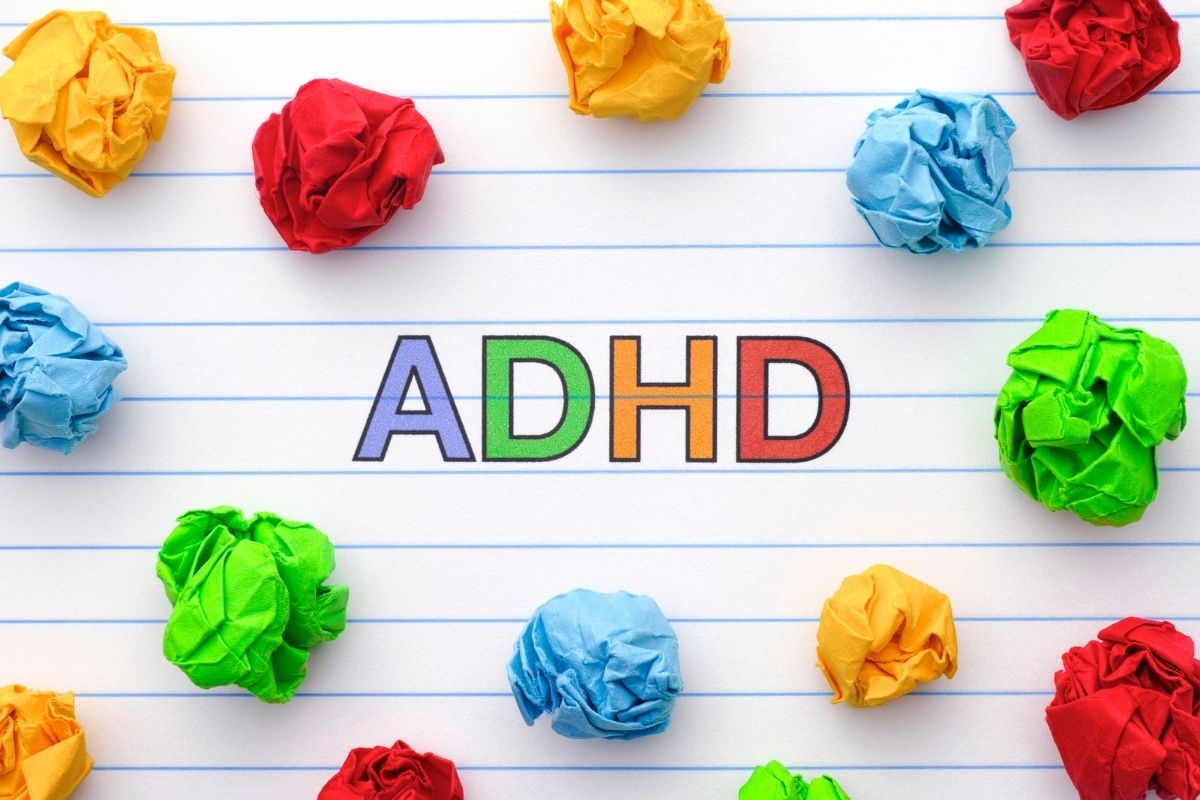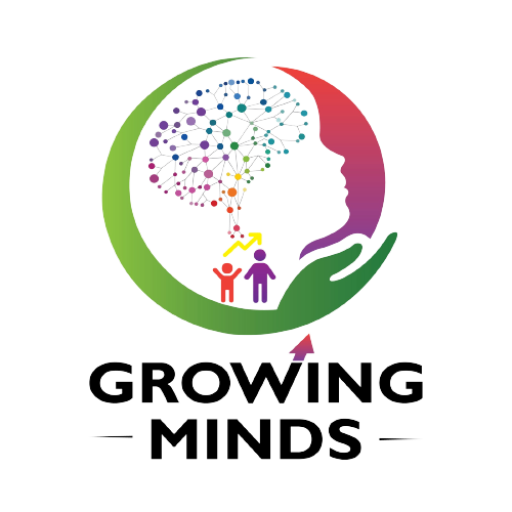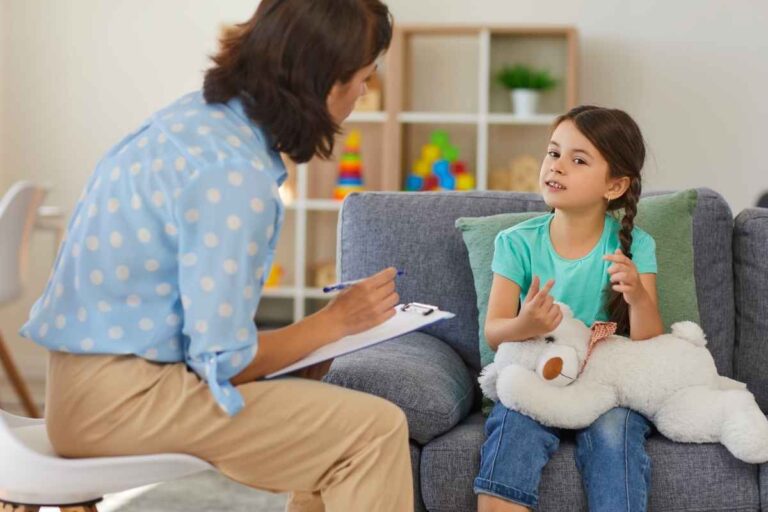
The Good Side of ADHD
ADHD, or Attention-Deficit/Hyperactivity Disorder, is often perceived through a lens of challenge and struggle, particularly in environments like school or the workplace. However, many “super achievers” with ADHD have turned what might be seen as limitations into unique strengths. Let’s explore the good side of ADHD and how you can excel and find success in various fields, often leveraging the very characteristics associated with the disorder.
1. Creativity and Innovation
Many individuals with ADHD possess heightened creativity and the ability to think outside the box. This can lead to innovative ideas and solutions that others may not consider. In fields like art, writing, entrepreneurship, or technology, this creative thinking can be a significant advantage.
Example: Many successful entrepreneurs, such as Richard Branson, have ADHD. Their ability to brainstorm and innovate has led to the creation of groundbreaking businesses.
2. Hyperfocus
While ADHD is associated with distractibility, many individuals experience hyperfocus—a state of intense concentration on tasks that interest them. During these periods, they can accomplish a tremendous amount of work and produce high-quality output.
Example: A person with hyperfocus might become deeply engrossed in coding a new software application or developing a new concept for a campaign, resulting in exceptional outcomes.
3. High Energy Levels
The high energy levels often associated with ADHD can be an asset in high-paced environments. These individuals can be enthusiastic and dynamic team members, bringing vibrancy and motivation to their work or projects.
Example: In careers like sales, public speaking, or coaching, the energy and enthusiasm of someone with ADHD can be incredibly engaging and can inspire others.
4. Resilience and Grit
People with ADHD often face challenges that require them to develop resilience. Navigating the requirements of education, work, and social settings can foster a sense of grit and determination that serves them well in their pursuits.
Example: Many high achievers recount overcoming significant obstacles related to ADHD, leading to a persistent drive to succeed despite difficulties.
5. Diverse Interests
Individuals with ADHD often have a wide array of interests and passions. This diversity allows them to connect with various ideas and people, which can lead to unique opportunities and interdisciplinary approaches.
Example: A super achiever might have experience in multiple industries, combining knowledge from these different fields to create something entirely new.
6. Empathy and Intuition
Many people with ADHD are highly attuned to the emotions of others, which can foster strong interpersonal relationships. This ability to empathize can be particularly valuable in leadership and collaborative roles.
Example: In leadership positions, the ability to connect with team members on a personal level can create a positive work environment and enhance teamwork.
7. Advocacy and Awareness
Many successful individuals with ADHD become advocates for mental health awareness, using their experiences to educate others and reduce stigma. Their stories can inspire others who face similar challenges, proving that ADHD doesn’t preclude success.
Example: Public figures like Simone Biles and Emma Watson have spoken openly about their experiences with ADHD, helping to normalize the conversation around mental health.
ADHD is often framed negatively, but among super achievers, it can be a source of strength and unique ability. By embracing and leveraging the characteristics associated with ADHD—such as creativity, energy, hyperfocus, and resilience—individuals can carve out paths to success in various domains. The key lies in understanding oneself, utilizing strengths, and developing strategies to manage challenges.
With the right support and self-awareness, those with ADHD can thrive and make significant contributions to society, often in ways that are not only successful but also transformative.
Understanding your unique mind is the first step toward success. If you or a loved one are looking for support in finding the good side of ADHD, managing it and discovering your full potential, Growing Minds Mental Health Services is here to help. We provide compassionate, personalized care designed to help you leverage your strengths and build resilience. Reach out to us today to schedule a consultation and take the next step toward a balanced, fulfilling life.



